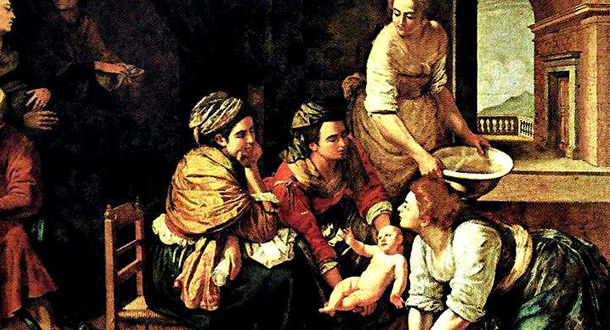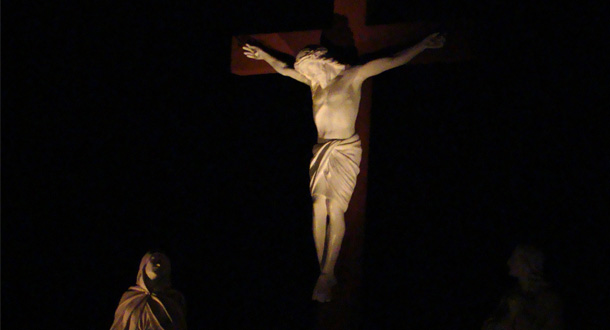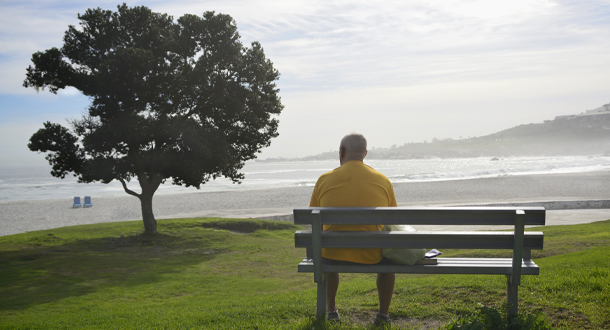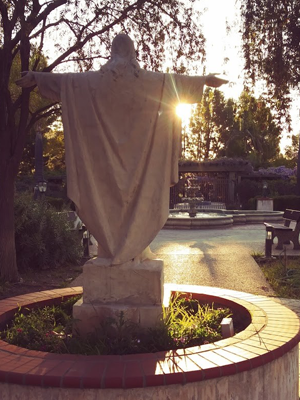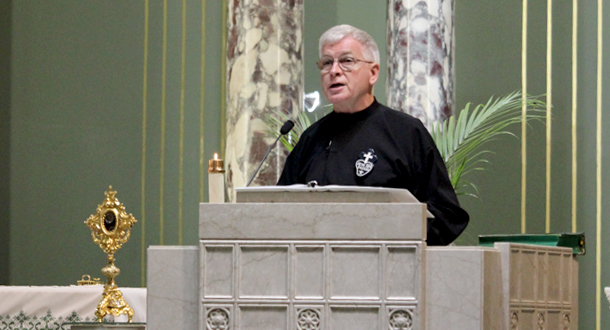
Scripture:
Genesis 15:1-12, 17-18
Matthew 7:15-20
Reflection:
In our divided times, the words of Jesus in today’s Gospel reading are most challenging: “Beware of false prophets, who come to you in sheep’s clothing, but underneath are ravenous wolves. By their fruits you will know them.”
It seems to be a simple criterion for judging a prophet: by the “fruit” he or she bears. But right now, it seems difficult for people to even agree on which “fruit” is good and which is bad.
Perhaps we can take our cues from Jesus. Jesus often spoke about forgiveness and mercy, and He demonstrated both of those things time and time again, even from the Cross. He spoke about coming so that we might have life and have it abundantly. He criticized the scribes and the Pharisees for brow-beating the people without lifting a finger to help them. He ate with the tax collectors and the sinners, those who were considered outcasts and not worthy of God’s love or time. And He spoke to foreigners!
So, when I hear someone indulge in judgement and condemnation, in stereotyping those considered “other,” or even maintaining the status quo so as to benefit one group of people over another, I tend to view the message as a false one. When the message calls for repentance and justice and reconciliation, then it seems true to me.
Before we rush to judgement about “them,” ready to characterize them as true or false prophets, perhaps we ought to take a longer look at the “fruits” they bear.
Fr. Phil Paxton, C.P., is the local superior of the Passionist Community in Birmingham, Alabama.

